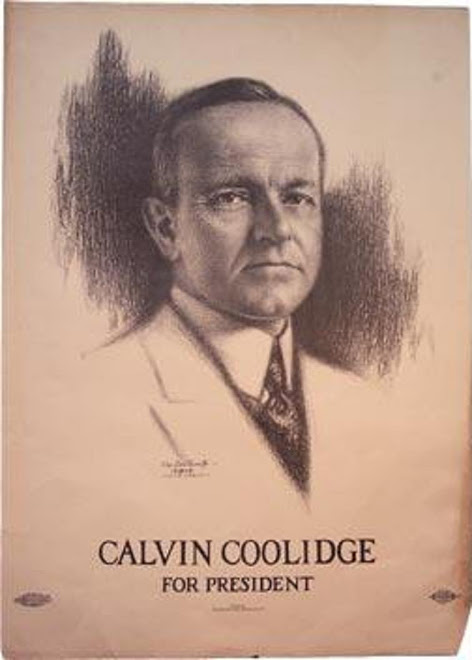Guest commentary by Postmodern Conservative.
I won't be posting as often to Liberty Corner in the coming weeks, as I catch up on some offline projects. Meanwhile, let me share my explanation of what's wrong with the world (of politics) in less than 300 words.
* * *
What's wrong has to do with human nature. That nature is flawed and it is also unchanging. However the safeguards that were once in place to deal with man's frailties are falling away bit by bit. So the drift to the left has, as you've probably guessed, only increased.
Leftists dominate politics because they promise more than candidates and officials on the right. It's not what you deliver but what you promise. Leftists can raise the gas tax but they can still promise more programs.
Leftists have an edge because they cater to people with too much time on their hands: welfare recipients and comfortable ideologues. Leftists, as a general rule, don't like to raise their children. Other people can do that. Now these people have more time to spend on their leftist politics.
Political responsibility is not just a question of keeping busy, but what you keep busy with. For leftists it always seems to be someone else's business. Leftists also offer more perks than conservatives for those who want to spend their time irresponsibly. People can do what they want and the consequences are either ignored or become the justification for more leftist programs.
Leftists offer meaningless freedoms. Real freedom requires responsibility and has to be worked for. It means that rewards are greater, but they are deferred. Leftists cater to instant gratification. They let consenting adults do whatever they want (except own firearms).
Finally, the leftist creed offers all the spiritual satisfaction of religion. You can feel better than others without changing your lifestyle. You just need to recycle more stuff. You can worship the earth, but you don't have to obey the Ten Commandments. And any rules that are made are made for someone else ("not me"), imposed by means of government programs.
